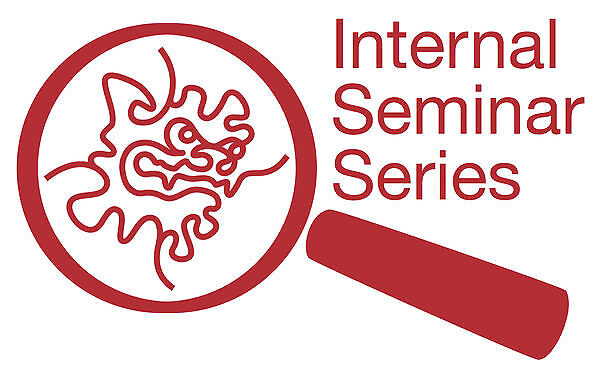Madhuri Gade, Understanding enzyme specificity as a tool for cofactor engineering

Date
Location
Description
Speaker: Madhuri Gade, Protein Engineering and Evolution (Laurino) Unit
Title: Understanding Enzyme Specificity as a Tool for Cofactor Engineering
Abstract: S-adenosylmethionine (SAM) is the second most abundant cofactor in nature after adenosine triphosphate (ATP). SAM is synthesized in a cell by Methionine adenosyltransferase (MAT) using ATP and methionine and it is used as a methyl donor to methylate different substrates (DNA, protein, RNA, small molecules) by methyltransferases (Mtases). The methylation is a key process for cellular regulation and aberrant methylation associated with the disease condition. We are aiming at engineering two-steps pathway for an orthogonal cofactor, for this purpose we first decided to explore the promiscuities of the nucleotide base of ATP for two enzymes (MAT and Mtases). To find good candidates for these engineering we expressed and purified MAT from different organisms. We found MAT from a specific organism is promiscuous for the new nucleotide-based cofactor. It is very interesting that certain MAT is promiscuous for nucleotides-based cofactor but are these newly formed cofactors also promiscuous for the methyltransferase (Mtases) who is the main user of theses cofactors? Further, we have also investigated promiscuity of the DNA methyltransferase (Mtases) from bacteria. Overall these findings lay the foundation for our engineering studies and hint at the evolution of these enzymes.
The seminar will be followed by the discussion with free pizza and soft drinks! Bring a cup and join the discussion!
Subscribe to the OIST Calendar: Right-click to download, then open in your calendar application.



